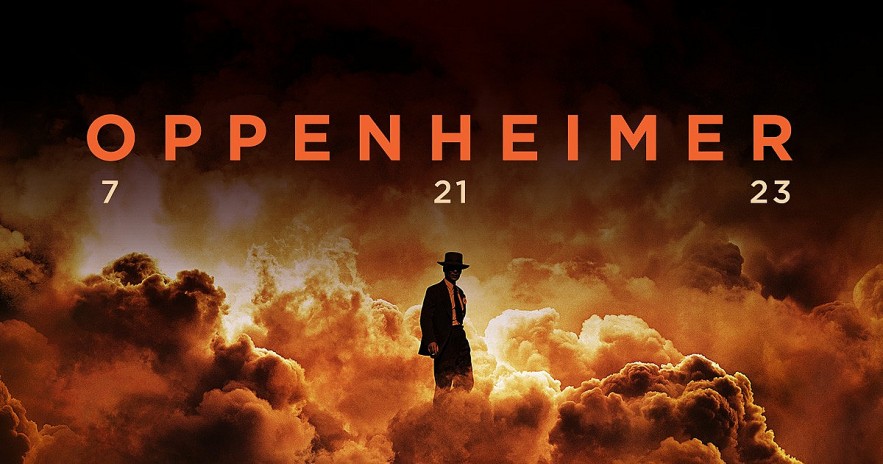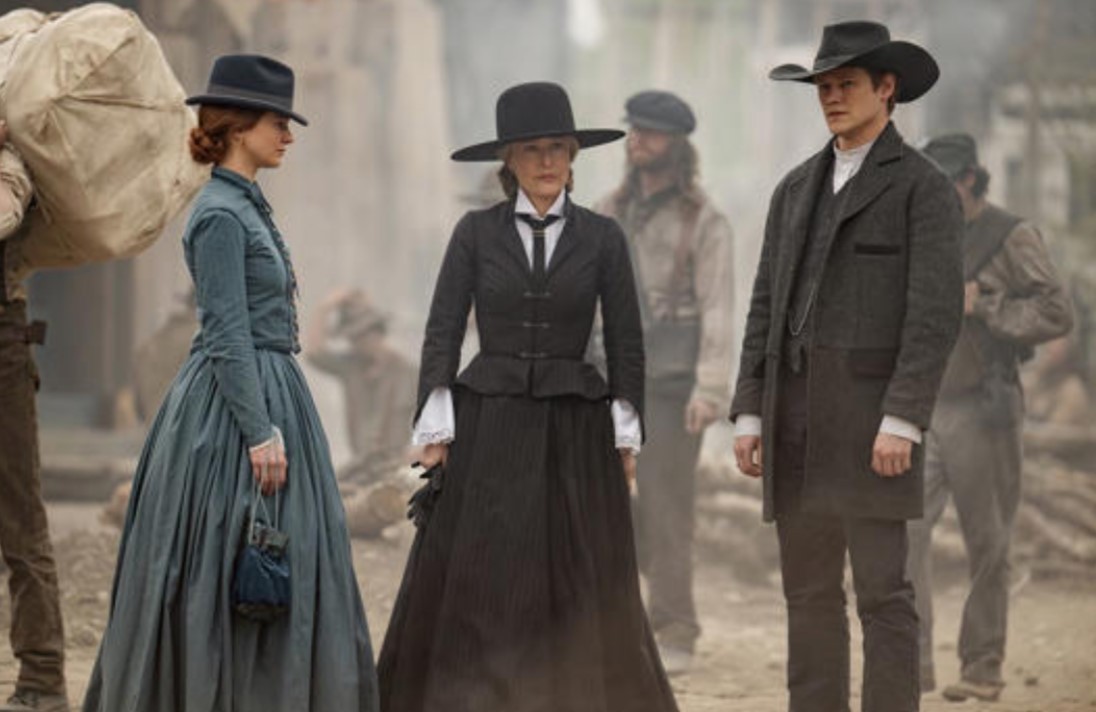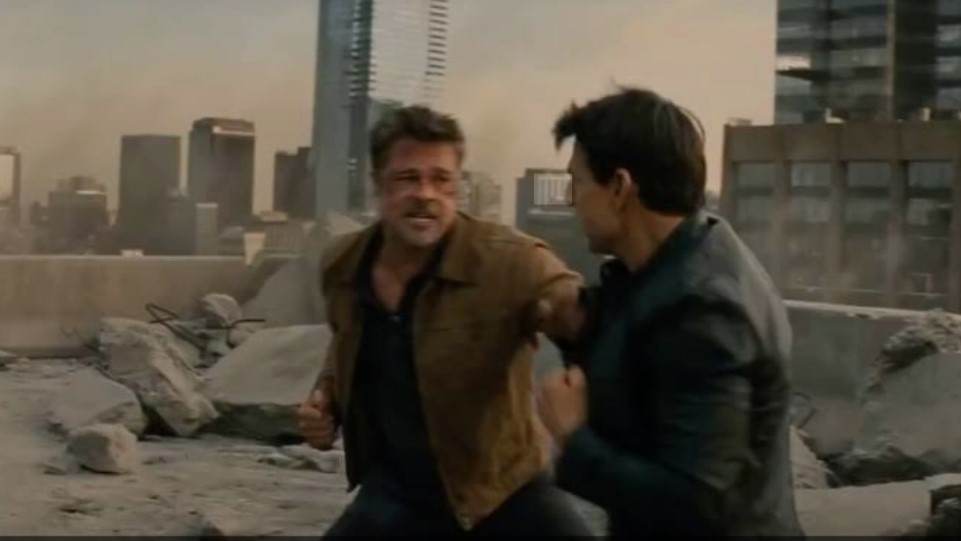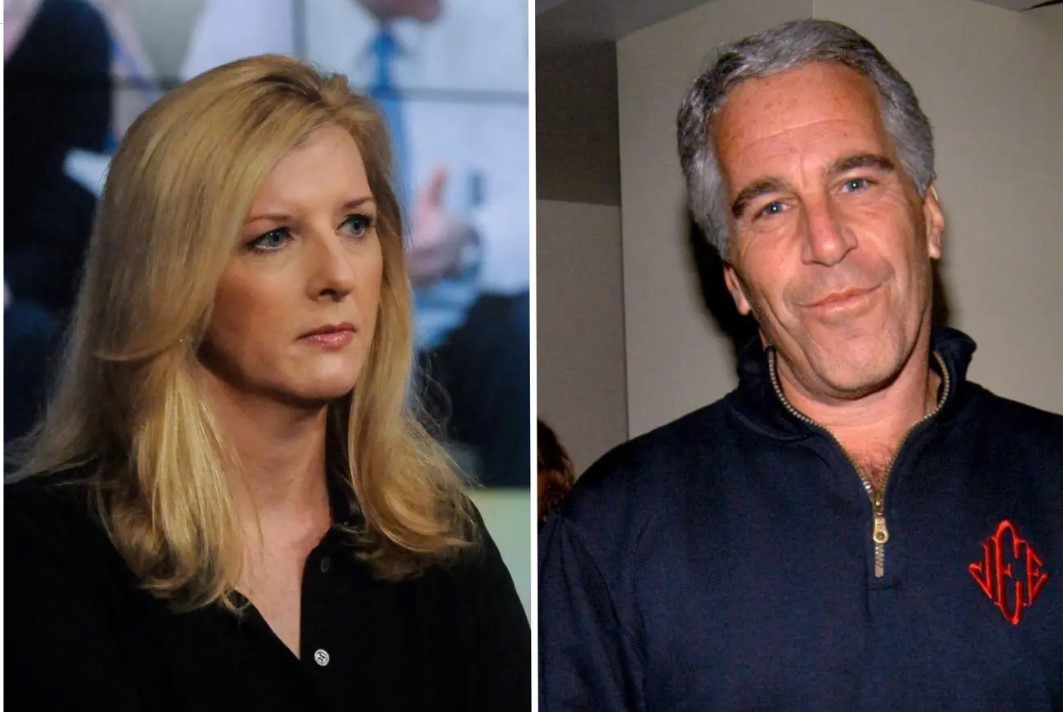Who Is Robert Oppenheimer - Father Of Atomic Bomb: Biography, Personal Life and Achievements
♦ What Has Been Revealed So Far About 'Oppenheimer'? Plot, Cast and Trailer
♦ Top 10 Countries Have the Most Nuclear Reactors in the World Today
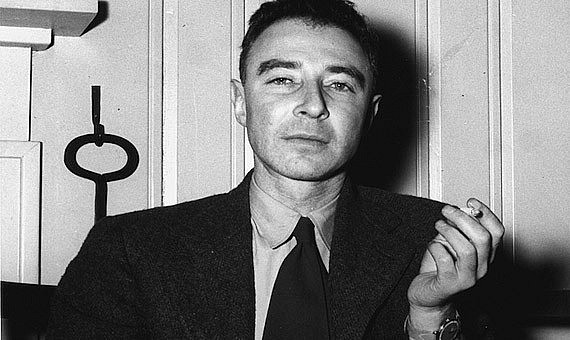 |
| Who was Robert Oppenheimer - Photo discoverwalk |
Much has been written about physicist J. Robert Oppenheimer—the substance of his life, his intellect, his patrician manner, his leadership of the Los Alamos National Laboratory, his political affiliations and postwar military/security entanglements, and his early death from cancer, amount to a highly compelling story.
What is J. Robert Oppenheimer famous for?
J. Robert Oppenheimer is most famous for being director of the Manhattan Project’s laboratory at Los Alamos, New Mexico, where the atomic bomb was designed. The revoking of his security clearance during the McCarthy era because of accusations of past associations with communists provoked outcry from the scientific community.
Oppenheimer's Childhood and Early Education
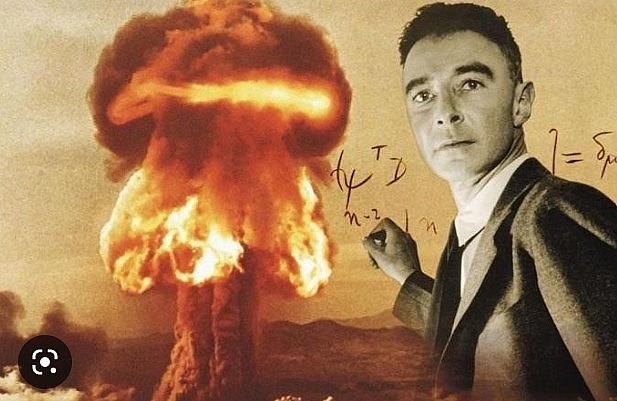 |
| Who was Robert Oppenheimer |
Born Julius Robert Oppenheimer on April 22, 1904, in New York City, Oppenheimer grew up in a Manhattan apartment adorned with paintings by van Gogh, Cézanne, and Gauguin. His father, Julius Oppenheimer, was a German immigrant who worked in his family's textile importing business. His mother, Ella Friedman, was a painter whose family had been in New York for generations. His younger brother, Frank, would also become a physicist.
In 1921, Oppenheimer graduated from the Ethical Culture School of New York at the top of his class. At Harvard, Oppenheimer studied mathematics and science, philosophy and Eastern religion, and French and English literature. He was admitted to graduate standing in physics in his first year as an undergraduate on the basis of independent study. During a course on thermodynamics taught by Percy Bridgman, Higgins University Professor of Physics at Harvard, Oppenheimer was introduced to experimental physics, which quickly caught his attention.
He graduated summa cum laude in 1925 and afterwards went to Cambridge University's Cavendish Laboratory as research assistant to J. J. Thomson.
Uninspired by routine laboratory work, he went to the University of Göttingen, in Germany, to study quantum physics. Oppenheimer met and studied with some of the day's most prominent figures, including Max Born and Niels Bohr.
In 1927, Oppenheimer received his doctorate, and in the same year, he worked with Born on the structure of molecules, producing the Born-Oppenheimer Approximation. Subsequently, he traveled from one prominent center of physics to another: Harvard, California Institute of Technology, Leyden, and Zurich. In 1929, he received offers to teach at Caltech and the University of California at Berkeley. Accepting both, he divided his time between Pasadena and Berkeley, attracting his own circle of brilliant young physics students.
Oppenheimer's Personal Life
When Julius Oppenheimer died in 1937, Oppenheimer became a wealthy man.
He married journalist Kitty Harrison in 1940 and had affairs with Jean Tatlock, a psychiatrist and communist. and Ruth Sherman Tolman, a psychologist, author and lecturer, ten years his senior and married to another Manhattan Project scientist Richard Tolman.
He met Kitty while she was married to physician Richard Harrison. The pair created a minor scandal by sleeping together after one of Tolman’s parties.
She asked Harrison for a divorce when she found out she was pregnant. Oppenheimer became her fourth husband.
During his marriage, Oppenheimer continued his affair with Tatlock, who committed suicide on January 4, 1944.
How did Oppenheimer invent the atomic bomb?
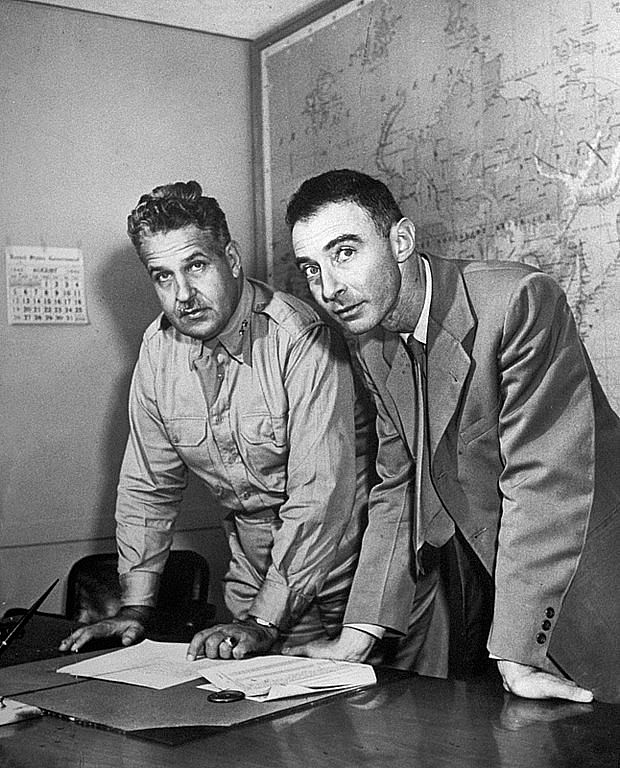 |
| Leslie Groves (left), military head of the Manhattan Project, with Professor Robert Oppenheimer (right). Photo wikimedia |
World War II interrupted the work and lives of most American physicists. In 1942, Oppenheimer was appointed to the Manhattan Project, code name for the project formed to develop an atomic bomb.
The project involved several laboratories in secret locations across the country, including the University of Chicago; Oak Ridge, Tennessee; and Los Alamos, New Mexico. Oppenheimer oversaw the construction of the Los Alamos laboratory, where he gathered the best minds in physics to work on the problem of creating an atomic bomb. Because of his leadership in this project, he is often referred to as the “father” of the atomic bomb.
In 1947, he became chairman of the General Advisory Committee of the Atomic Energy Commission (AEC). During his time there, Oppenheimer opposed the development of the more powerful hydrogen bomb, a position that put him in the firing line of those who wanted to take a firm stance against the growing Soviet threat.
It wasn’t long before his enemies got their way. Denounced as having Communist sympathies, Oppenheimer was removed from his role at the AEC in 1954 and stripped of all security clearances, effectively losing his political influence at the same time. The move shocked the scientific community, and it took nearly a decade before amends were made.
READ MORE: Top 11 Great Inventions That Changed The World
| Robert Oppenheimer Regretted his Role in the Creation of the Atomic Bomb. When the first atomic bomb went off at the test site Robert Oppenheimer was there albeit at a safe distance. He afterwards commented that the world will never be the same again. Oppenheimer said all he could remember at the time was a line from the Sanskrit (Hindu scripture)”now I have become Death, the destroyer of worlds.” |
Oppenheimer's Contributions and Achievements
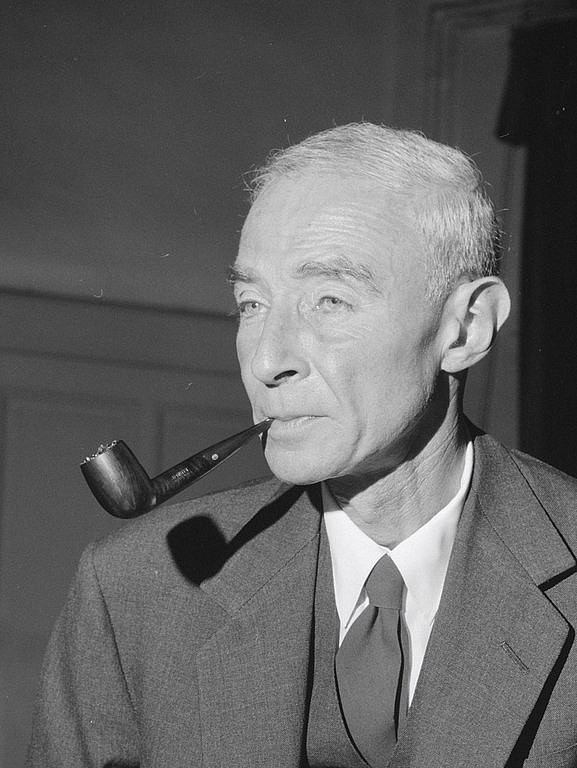 |
| Photo discoverwalk |
Niels Bohr and other European scientists informed their American contemporaries about the Kaiser Wilhelm Institute’s successful attempt of splitting the atom in 1939. President Roosevelt was much concerned that the Nazis may utilize this extraordinary technology to create an atomic weapon. This fear led him to institute the Manhattan Project in 1941.
Oppenheimer was appointed the scientific director of the project. He advised that the project be housed at Los Alamos in New Mexico. After extensive hard work and rigorous struggle, the first nuclear bomb was exploded on July 16, 1945, with the power of approximately 18,000 tons of TNT, at Alamogordo Air Force Base in southern New Mexico.
Within one month, two atomic bombs were dropped on Japan. The event almost instantly ended the war, after which Oppenheimer was he became director of the Institute for Advanced Study in Princeton, New Jersey until he retired in 1966.
He was also made the chairperson of the U.S. Atomic Energy Commission in 1947 until his contract was cancelled in 1954 when he lost his security clearance.
In 1963, President John F. Kennedy awarded Oppenheimer the Enrico Fermi Award, although President Lyndon B. Johnson presented him with it after JFK’s assassination. The award was not only an apologetic gesture but also one that signified political rehabilitation for the famed scientist.
Oppenheimer's Later Life and Death
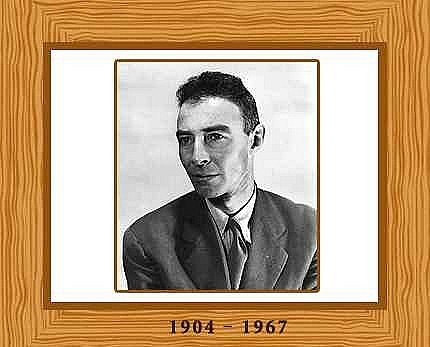 |
| Photo discoverwalk |
Oppenheimer, due to his conscience and regrets over making such horrible weapons of mass destruction, opposed the development of the hydrogen bomb in 1949. The bomb is often thought to be the Truman administration’s answer to the Soviet acquisition of the atomic bomb. Due to this unexpected move, Edward Teller, his colleague at Los Alamos, was made the director of the new project. Oppenheimer’s patriotism was also questioned and he was even accused of “communist sympathies” due to his past political affiliations.
For the rest of his life, he shunned politics and performed his duties as the director of the Institute of Advanced Study at Princeton.
He was awarded the Enrico Fermi Award in 1963 for “contributions to theoretical physics as a teacher and originator of ideas, and for leadership of the Los Alamos Laboratory and the atomic energy program during critical years.”
Oppenheimer died of throat cancer in Princeton on 18 February in 1967.Oppenheimer Was a Nobel Prize for Physics Nominee.
| The Nobel Prize for Physics committee nominated Oppenheimer in 1945, 1951 and 1967. Sadly, the prize was awarded to his contemporaries Many physicists believe that his most important contribution was gravitational collapse and it was worth the award. His peers did not take up his work in his lifetime. Notably, though, Oppenheimer worked with Ernest O Lawrence an experimental physicist whose work was awarded the Nobel Prize for Physics. |
Oppenheimer and his works inspired Hollywood
The genre of war films is important to different nations as it provides an avenue to rewrite history however you deem fit.
The atomic bomb ended the Second World War and sparked a global race to acquire nuclear weapons. The most notable face of the Los Alamos scientist was Robert Oppenheimer
The Manhattan Project fascinated Hollywood and is the subject of several movies. Oppenheimer played a leading role in movies like The Beginning of the End (1947) and Fat Man and Little Boy (1989).
The BBC TV series Oppenheimer (1980) was more successful critically; it scooped three BAFTA awards that year.
In July 2023, there will be one more Hollywood film about him
“Oppenheimer” by documents the life and ethically questionable accolades of physicist J. Robert Oppenheimer, who is credited with inventing the atomic bomb. Oppenheimer was one of the primary contributors to the Manhattan Project, a government research effort centered around the creation of nuclear weapons that took place from 1942-1946, and he was director of Los Alamos Laboratory, where the bombs were physically assembled. |
| Oppenheimer's Quotes Following the first successful test of the bomb, Oppenheimer said: “We knew the world would not be the same. "Few people laughed, few people cried, most people were silent. "I remembered the line from the Hindu scripture, the Bhagavad-Gita. Vishnu is trying to persuade the Prince that he should do his duty and to impress him takes on his multi-armed form and says, ‘Now I am become Death, the destroyer of worlds.’ |
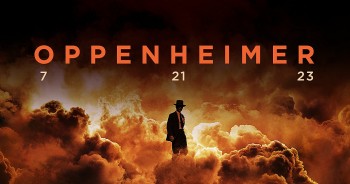 What Has Been Revealed So Far About 'Oppenheimer'? Plot, Cast and Trailer What Has Been Revealed So Far About 'Oppenheimer'? Plot, Cast and Trailer A movie about the theoretical physicist and the father of the atomic bomb: What has been revealed so far about Oppenheimer-the new movie of Christopher ... |
 Top 10 Warner Bros's Much-Waited Movies In 2023 Top 10 Warner Bros's Much-Waited Movies In 2023 After a series of blockbusters in 2022, in 2023, Warner Bros continues to release much-waited movies that are expected to become blockbusters. |
 Top 12 Most Expected Theater Movies of 2023 Top 12 Most Expected Theater Movies of 2023 2023 is expected to be a booming year for world cinema. Many movies that have release dates delayed due to COVID-19 will be ready to ... |


